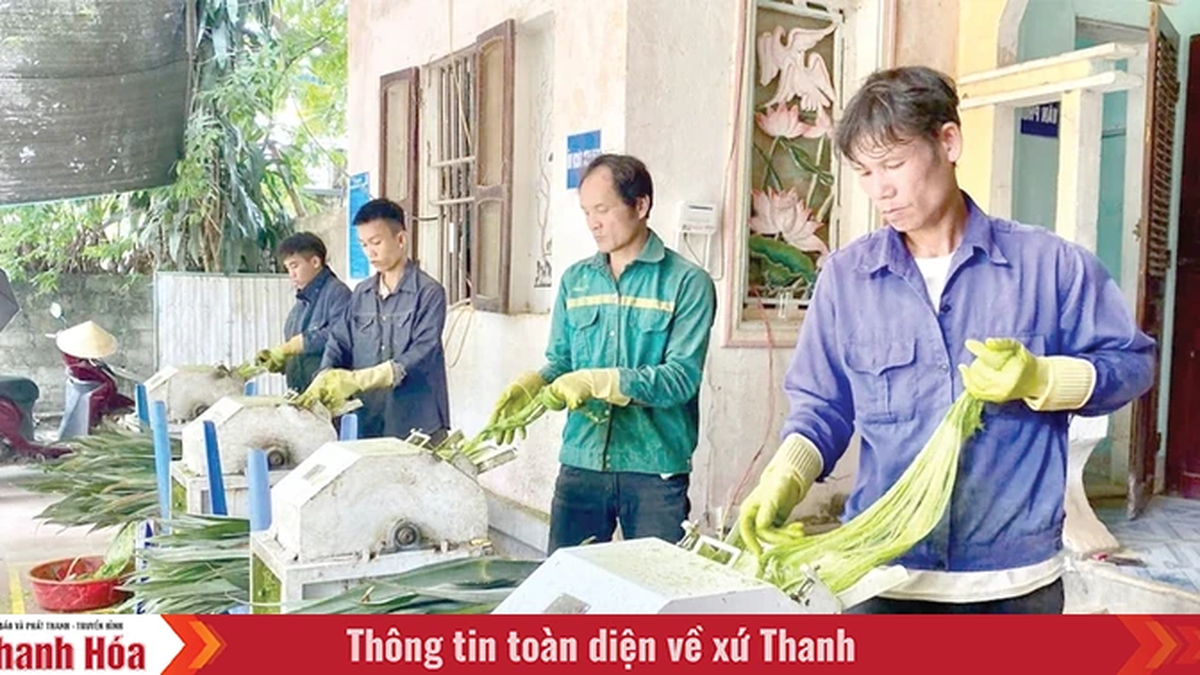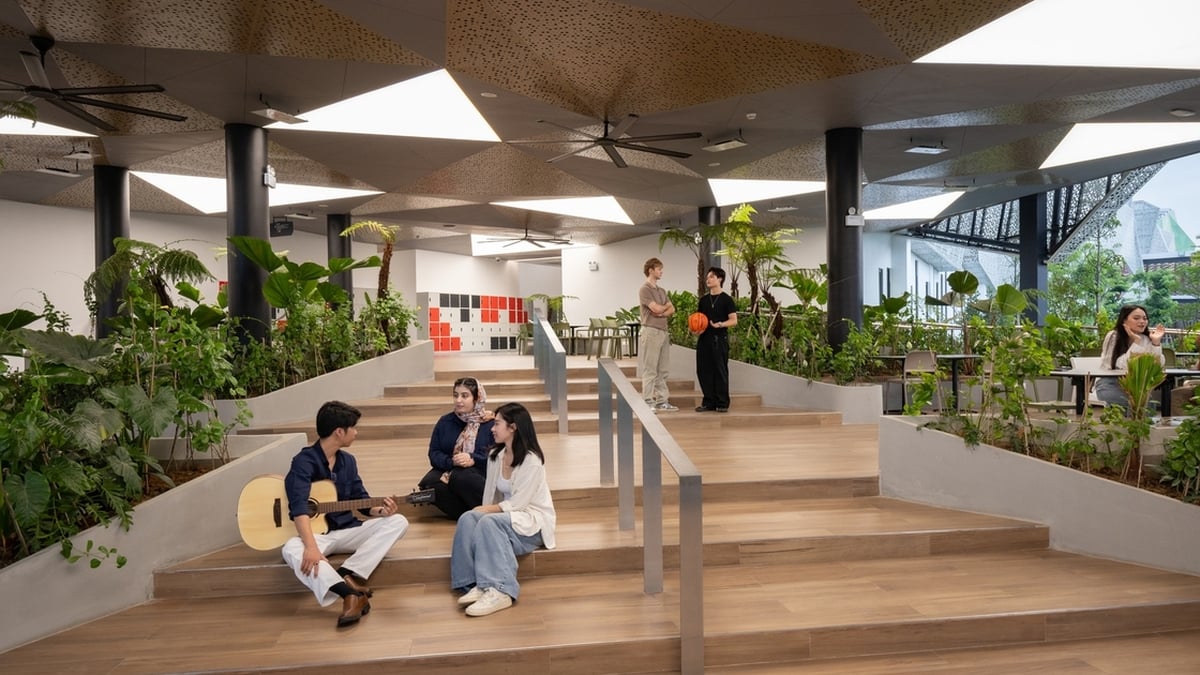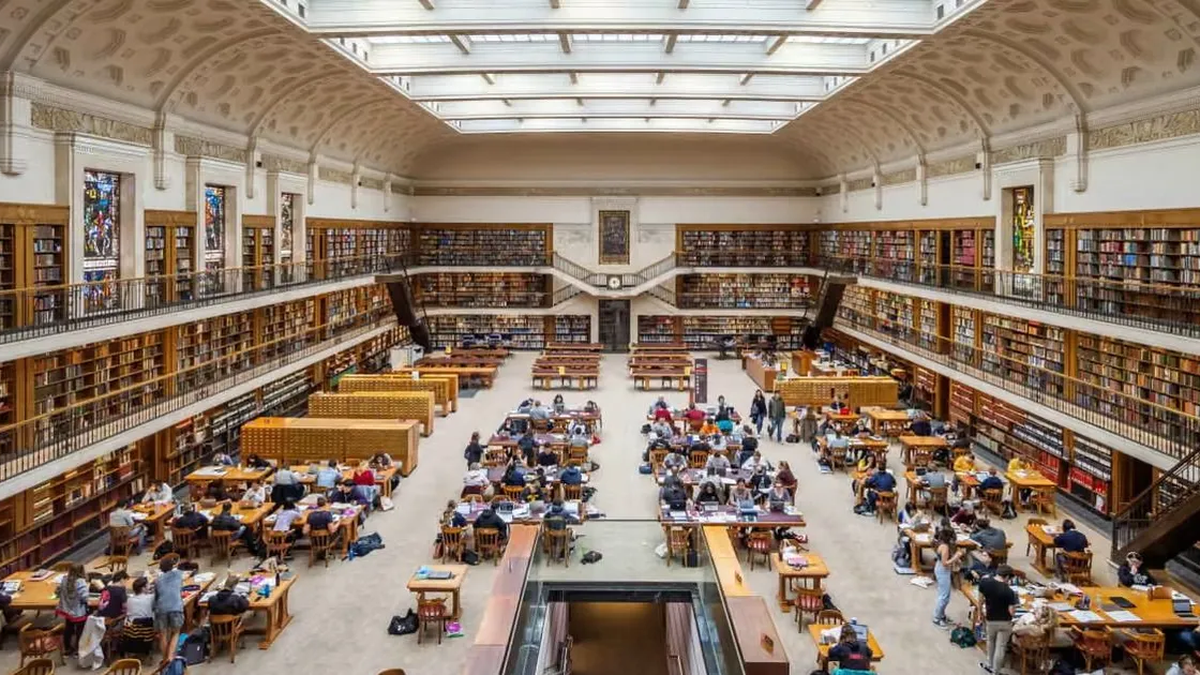The second and third generations of many Asian family businesses are shifting away from the traditional paths of their predecessors towards sustainable and environmentally friendly investment opportunities.
Pursue your own business ventures
Abe Lim, 27, a Malaysian, grew up in a world far removed from her father, who dropped out of school as a teenager to work as a mechanic to help support his family. Her father later set up a business manufacturing lubricants, soaps and dishwashing liquids. He placed Lim in the company with the hope that she would one day lead the family business. However, Lim’s youthful idealism quickly clashed with her father’s profit-driven approach to business.
“I wanted to do something more impactful. My father’s business was traditionally focused on profit. Instead of prioritizing financial gain, I wanted to prioritize social and environmental impact. This was new for the previous generation,” Lim said.
While working at the company, Lim proposed the creation of a research and development department to explore converting plastic waste into biofuel. Although her father initially supported the idea, he stopped the project when he found out it was not economically viable. Lim did not agree with her father's views on climate change. Lim eventually decided to leave the company and pursue her own business ventures.
Lim launched her first business with the support of angel investors (people who provide initial or early-stage funding because they believe in a startup’s idea, solution, and product). She targeted the used furniture market to reduce waste by promoting recycling. However, Lim was unable to sustain the business due to the immaturity of the market. In 2021, Lim founded Goal Plastic, a company that recycles waste plastic into decorative items and other products.
“We are already profitable. Our biggest orders are for corporate gifts,” she said, expressing hope that one day businesses will prioritize the environment over profits. Lim also believes that incentives can spur more companies to pursue sustainable practices.
In August 2023, Lim ran in the Selangor state election, advocating policies to address climate change. Although she did not win, she has plans to return to the "race" in the future.
Catalyst for change
Komal Sahu, director of sustainable finance at AVPN, Asia’s largest network of social investors, said the younger generation is reshaping the mindset of business owners by emphasizing the need for companies to create positive social impact. “They realize that family wealth can act as a catalyst for positive transformation, addressing social needs beyond the reach of government support,” Sahu said.

Marianna Lopez Vargas
According to Sahu, there is not always a conflict between the old and new ways of thinking about business. In some cases, older generations are the ones who encourage bold and innovative thinking to ensure the success of their businesses or philanthropic efforts. That is the case with Marianna Lopez Vargas, 32, from the Philippines. Lopez Vargas is the director of partnerships for the Oscar M Lopez Center, a Manila-based climate change research foundation founded by her grandfather, Oscar M Lopez, in 2012.
A telecoms, energy and real estate tycoon, Oscar M Lopez founded the centre to address the lack of funding to understand the impacts of climate change and develop adaptation strategies. Concerned about climate change, in 2016, the Lopez family businesses completely divested from coal-based power generation operations, opting instead for a portfolio focused on clean and renewable energy.
Lopez Holdings currently has no coal-fired power projects in operation or under proposal. Its energy portfolio includes natural gas, hydropower, geothermal and solar, although company management has acknowledged that a complete transition to renewables is not yet practical due to the intermittency of solar and wind.
“At the time, that was quite ambitious for a developing country like the Philippines, which relies heavily on fossil fuels for economic development,” Lopez Vargas said. She believes that cutting out fossil fuels entirely could be possible with the right incentives.
Source: Al Jazeera
Source


































































































Comment (0)